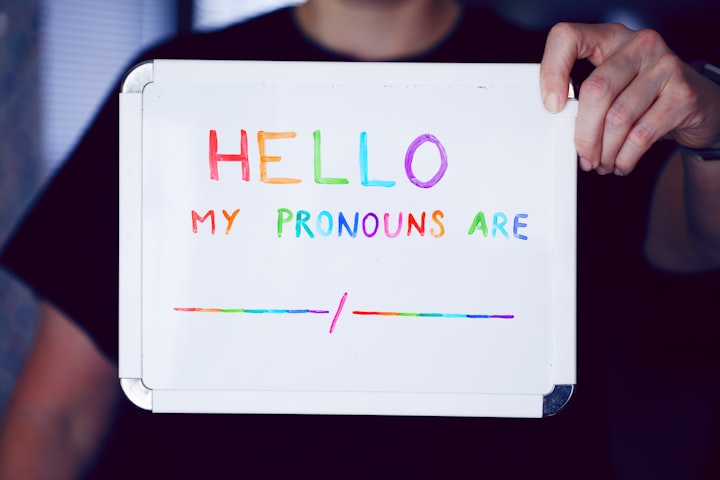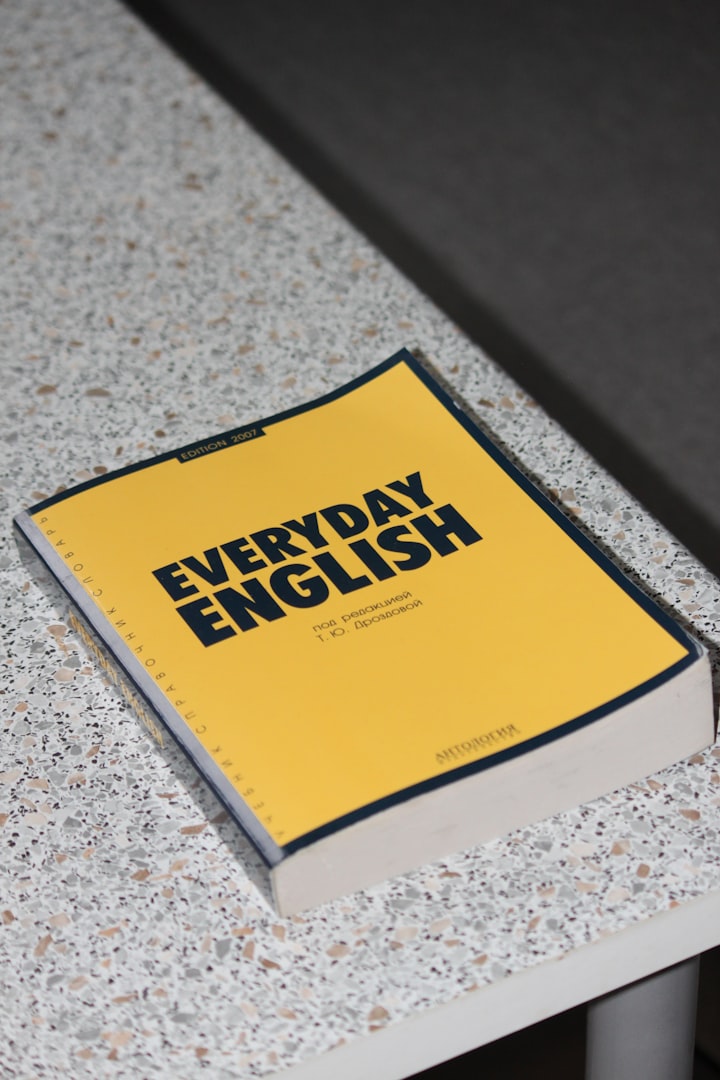
A Pronoun is a word which comes in place of a Noun.
Examples:-
I know Gopal. He is a good boy.
Dr. Pragya is my daughter. She is very beautiful.
Here, he and she are Pronouns.
Sometimes, a Pronoun is used for another pronoun in a sentence or the whole clause.
Examples:-
This is my son who runs a company.
He who leads a regular life lives long.
Here, 'who' is a Pronoun in both the sentences. 'Who' has come for 'son' in the first sentence and 'he' in the second sentence.
Here, 'son' and 'he' are Antecedents of 'who '.
KINDS OF PRONOUN
There are eight kinds of Pronouns:-
1. Personal Pronoun
2. Reflexive Pronoun/Emphatic Pronoun
3. Relative Pronoun
4. Demonstrative Pronoun
5. Interrogative Pronoun
6. Indefinite Pronoun
7. Distributive Pronoun
8. Reciprocal Pronoun
1. Personal Pronoun:- Personal Pronouns are pronouns that are primarily associated with a particular grammatical person- First Person
( I, We ), Second Person ( You ) and Third Person ( he, she, it, they ).
Examples:- I, me, we, you, he, she, it, they ,etc.
In this way, there are three kinds of Personal Pronouns:-
1. First Person:- It refers to the speaker.
Examples:- I, me, my, mine, we, us our, ours.
2. Second Person:- It refers to the listener.
Examples:- you, your, yours, thou, thee, thy, thine.
3. Third Person:- It refers to the person about whom something is being said.
Examples:- he, him, his, she, her, hers, it, its, they, them, their, theirs.
Note:- All the nouns come in Third Person.
NUMBER OF PRONOUNS
Like nouns, pronouns also have Number distinction. Please see 👇
Person Singular Number Plural Number
First P. I We
Second P. You You
Third P. He, She, It They
Singular Nouns Plural Nouns
CASE OF PRONOUNS
Like Nouns, Pronouns also have their different Cases. Please see 👇
Nominative Objective Possessive
Case Case Case
I me my, mine
We us our, ours
You you your, yours
He him his
She her her, hers
It it its
They them their, theirs
Note:- If in a sentence, pronouns of all the three Persons have to be used as subject, it comes according to the formula 231 i.e. Second Person, Third Person and then First Person.
2. Reflexive/ Emphatic Pronoun:- It is used to put emphasis on the subject. It is made by adding 'self' to the Possessive Pronouns.
Examples:- myself, ourselves, yourself, yourselves, himself, herself, itself, themselves, thyself.
He hurt himself.
I have done it myself.
The door shuts by itself.
He lives in the house by himself.
3. Relative Pronoun:- Who, whom, which, what, whose, that, etc. are Relative Pronouns which are used as Conjunctions.
Examples:-
Tell me what you want.
This is the man who has stolen my purse.
The book that you have is good.
The man whose life is pure is happy.
That was the pen which Ram gave me.
4. Demonstrative Pronoun:- This, that, these, those, one, ones , so, such, the former, the latter are Demonstrative Pronouns.
💥 These words are called Pronouns when they come in place of Nouns.
Examples:- This is my pen.
Those are his books.
His coat is red, mine is a black one.
The climate of Ranchi is better than that of Patna.
💥 When this, that, these, those, one, ones, etc. come just before a Noun to qualify it, they are called Adjectives.
Examples:- Only one man is needed.
This pen is mine .
That boy could not be found.
5. Interrogative Pronoun:- Who, which, what are Interrogative Pronouns.
Who - 'Who' is used for man.
Who is he?
Who has taken my pen?
Which- 'Which' is used for both- man and a non living thing.
Which is he?
Which of the books you need?
Which of the boys are coming?
What- 'What ' is also used for both- man and a non living thing.
What is he?
What are you after?
What are you?
6. Indefinite Pronoun- Indefinite Pronouns demonstrate Indefinite Nouns.
These are- one, none, no one, any, some, anyone, someone, few, many, all, both, other, another, others, nobody, they, etc.
Examples:-
They say that the earth revolves round the sun.
All that glitters is not gold.
Only Sohan can remain here, others may go home.
Among the candidates, few were selected for interview.
None was allowed to go out.
7. Distributive Pronoun:- Each, every, either, neither are Distributive Pronouns.
They differentiate one between the two or more than two. Distributive Pronouns are always singular, so singular verbs are used with them.
Examples:-
Each of the students has got a prize.
Either of you can do it.
Neither of them can touch it.
Everyone of you has to pass the examination.
8. Reciprocal Pronoun:- Each other, one another, etc. are Reciprocal Pronouns. They are used to denote things between the two or more than two.
Examples:-
Ram and Sita loved each other.
These students help one another.
Note-
1. According to modern grammar, each, every, everyone, everybody, etc.are universal pronouns because although they are singular, they denote all.
Example:- 'Everybody went away ' means 'all went away '.
2. In modern grammar, something, nothing, everything, anything, nowhere, somewhere etc. are used as Pronouns to denote some thing or some place. They are called Partitive Pronouns.
Examples:-
Did you see anything? I saw nothing.
Did she go anywhere? Yes, she went somewhere.
About the Creator
Nira Kumari
Hello wonderful Readers, I'm a school teacher passionate for writing. This year I turned 55, and have started my long life dream of becoming a Writer.






Comments
There are no comments for this story
Be the first to respond and start the conversation.